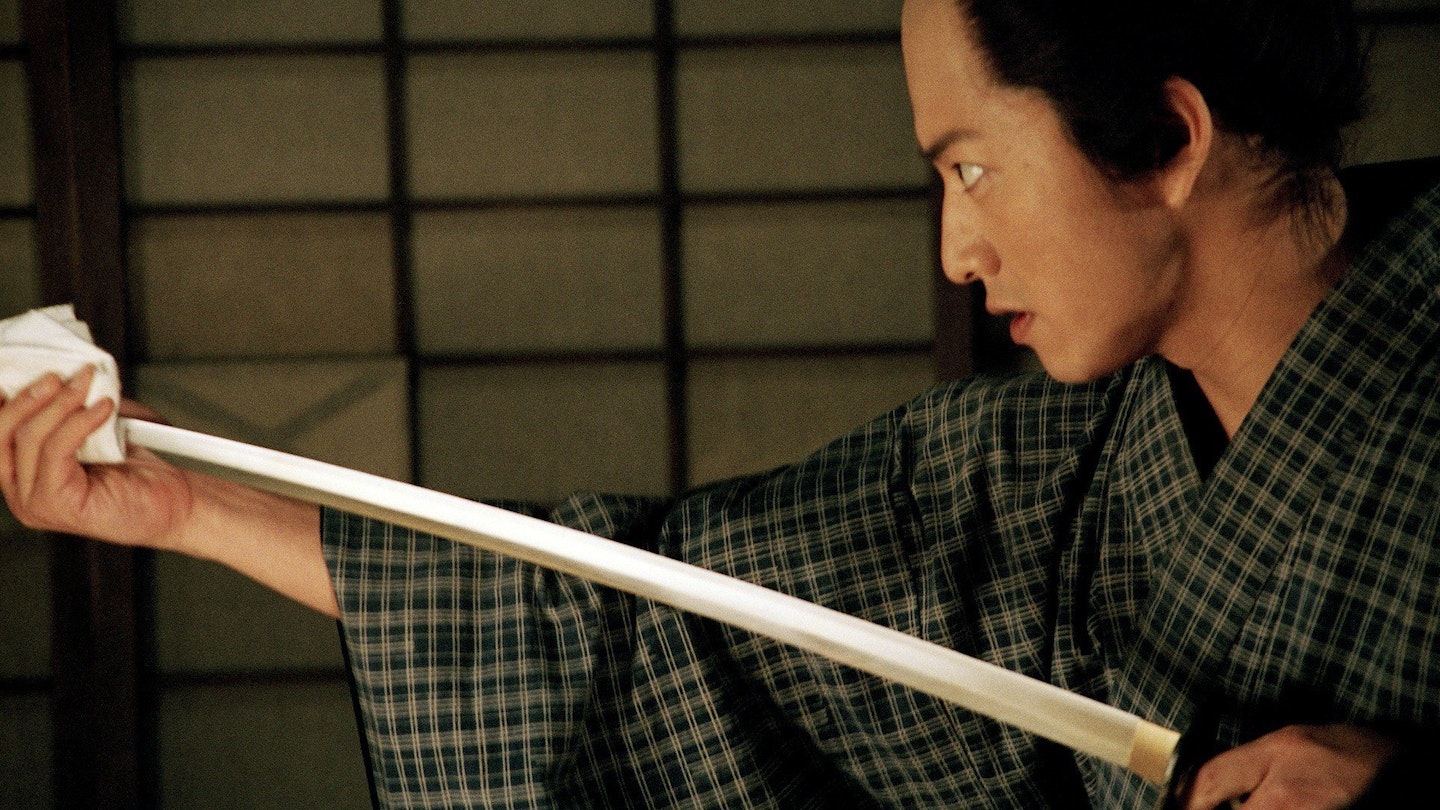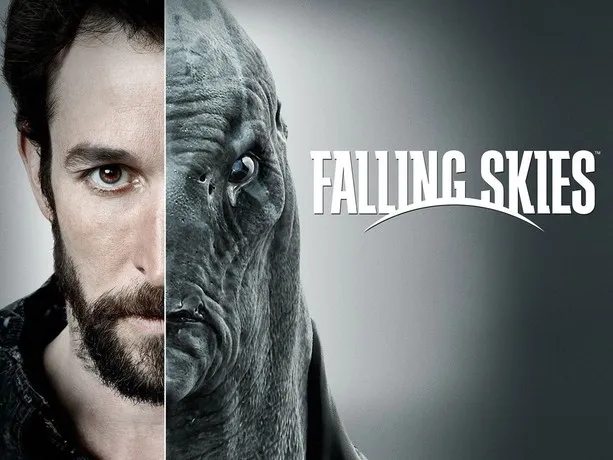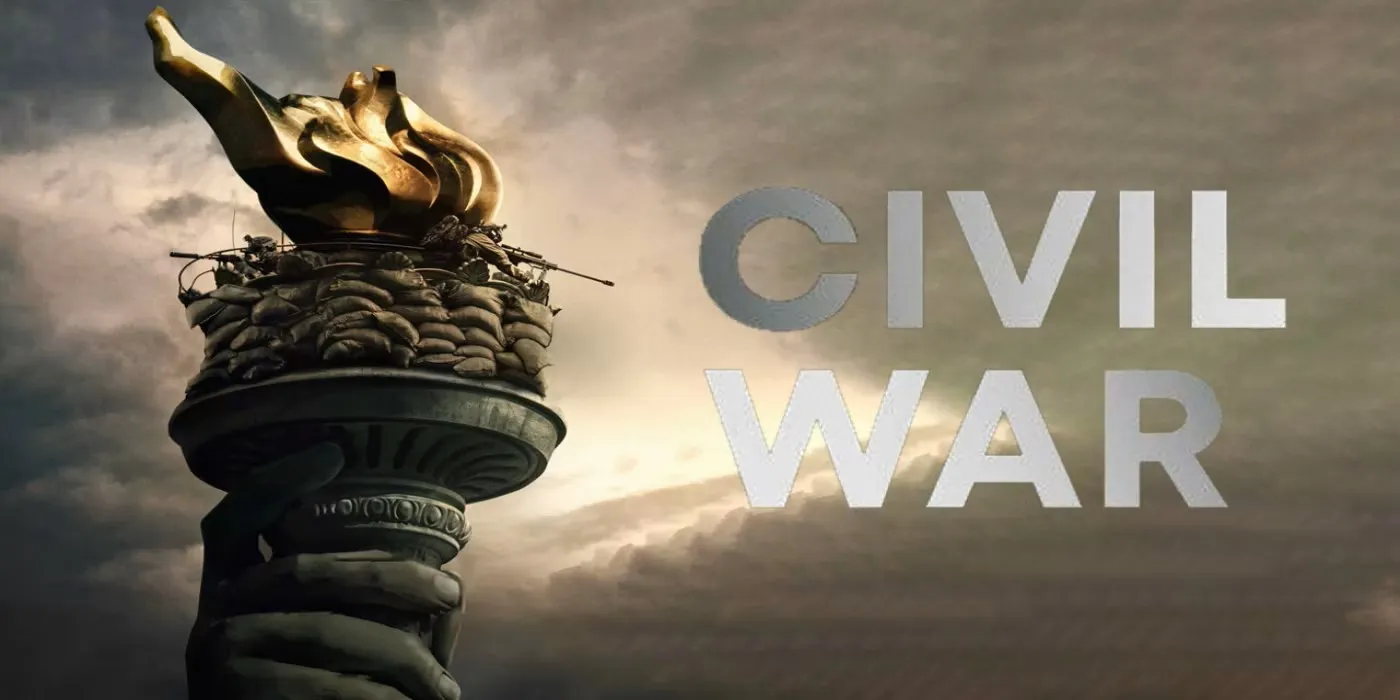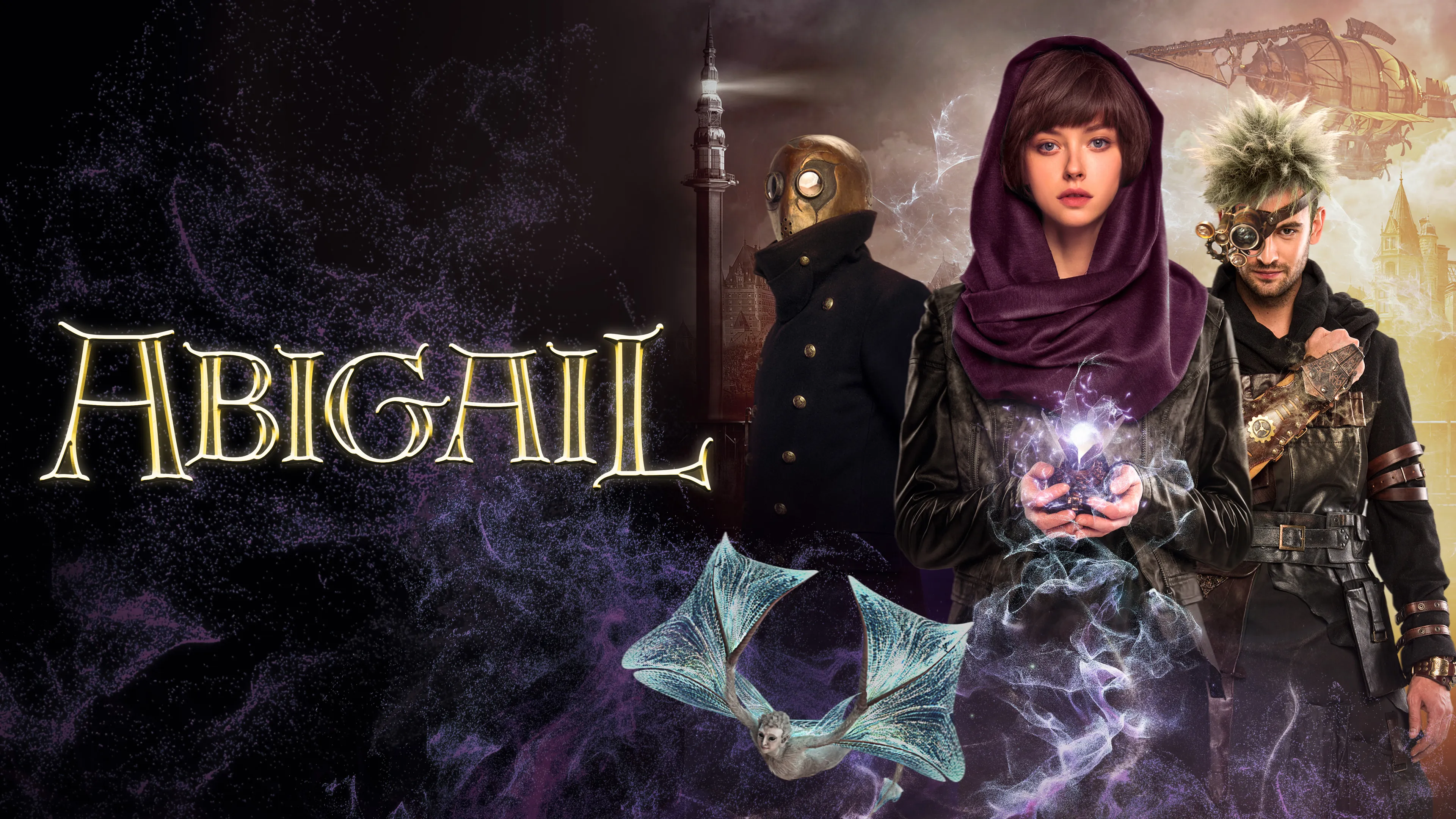Bushi no Ichibun
Bushi no Ichibun (translated as Love and Honor, 2006) is the beautifully restrained conclusion to director Yoji Yamada’s acclaimed samurai trilogy, following The Twilight Samurai (2002) and The Hidden Blade (2004). This final entry deepens the trilogy’s exploration of duty, love, and moral conflict within the rigid codes of feudal Japan.
The story centers on Shinnojo Mimura, a humble low-ranking samurai who serves as a food taster for his domain’s lord. One day, after tasting a dish made from out-of-season shellfish, Shinnojo is poisoned and loses his sight. His promising future is destroyed in an instant, and his sense of purpose evaporates. His devoted wife, Kayo, tries to comfort him, insisting she would rather die than leave his side, but the sudden loss of livelihood casts a heavy shadow over their marriage.

As Shinnojo slowly adapts to his blindness, the emotional center of the film emerges: the quiet strength and endurance of love in the face of shame and betrayal. The real blow comes not from the loss of sight, but from the discovery that Kayo may have sacrificed her honor by secretly appealing to a high-ranking official, Shimada, for financial support—possibly in exchange for more than just help. When Shinnojo confirms her betrayal, he sends her away and decides to restore his own dignity through a formal duel with Shimada, even if it means risking his life as a blind man.
Director Yoji Yamada brings his usual grace and subtlety to the film’s pacing and composition. Scenes unfold with quiet intensity, favoring long takes, seasonal shifts, and intimate gestures over flashy swordplay. The duel itself is stripped of stylized violence; instead, it is haunting and raw, anchored by deep emotional stakes. Yamada uses sound and silence as masterful tools, amplifying the viewer’s sense of Shinnojo’s sensory world—footsteps, wind, and the scrape of a blade become magnified symbols of tension and focus.

Takuya Kimura gives a restrained yet powerful performance as Shinnojo. His transition from hopelessness to quiet resolve is deeply moving. Rei Dan, in her film debut, brings remarkable depth to Kayo—a woman navigating the impossible balance between loyalty, love, and survival. Mitsugoro Bando is effective as the antagonist Shimada, whose motivations remain ambiguous, adding emotional complexity to the final confrontation.
Visually, the film is steeped in natural beauty and subdued tones that mirror the characters' emotional restraint. The traditional architecture, subtle costuming, and soft lighting evoke the period with authenticity and elegance. The score enhances the meditative quality of the story without overwhelming it.

Bushi no Ichibun was highly praised in Japan and abroad, earning several awards including Best Supporting Actor, Best Cinematography, and nominations for Best Picture and Music. It is not only a tale of samurai honor but a poignant meditation on trust, sacrifice, and forgiveness.
Ultimately, Bushi no Ichibun is a quiet masterpiece that redefines heroism through the lens of love, vulnerability, and inner strength. It stands as a graceful conclusion to Yamada’s trilogy and a moving portrait of how dignity can be reclaimed even in the darkest circumstances.


